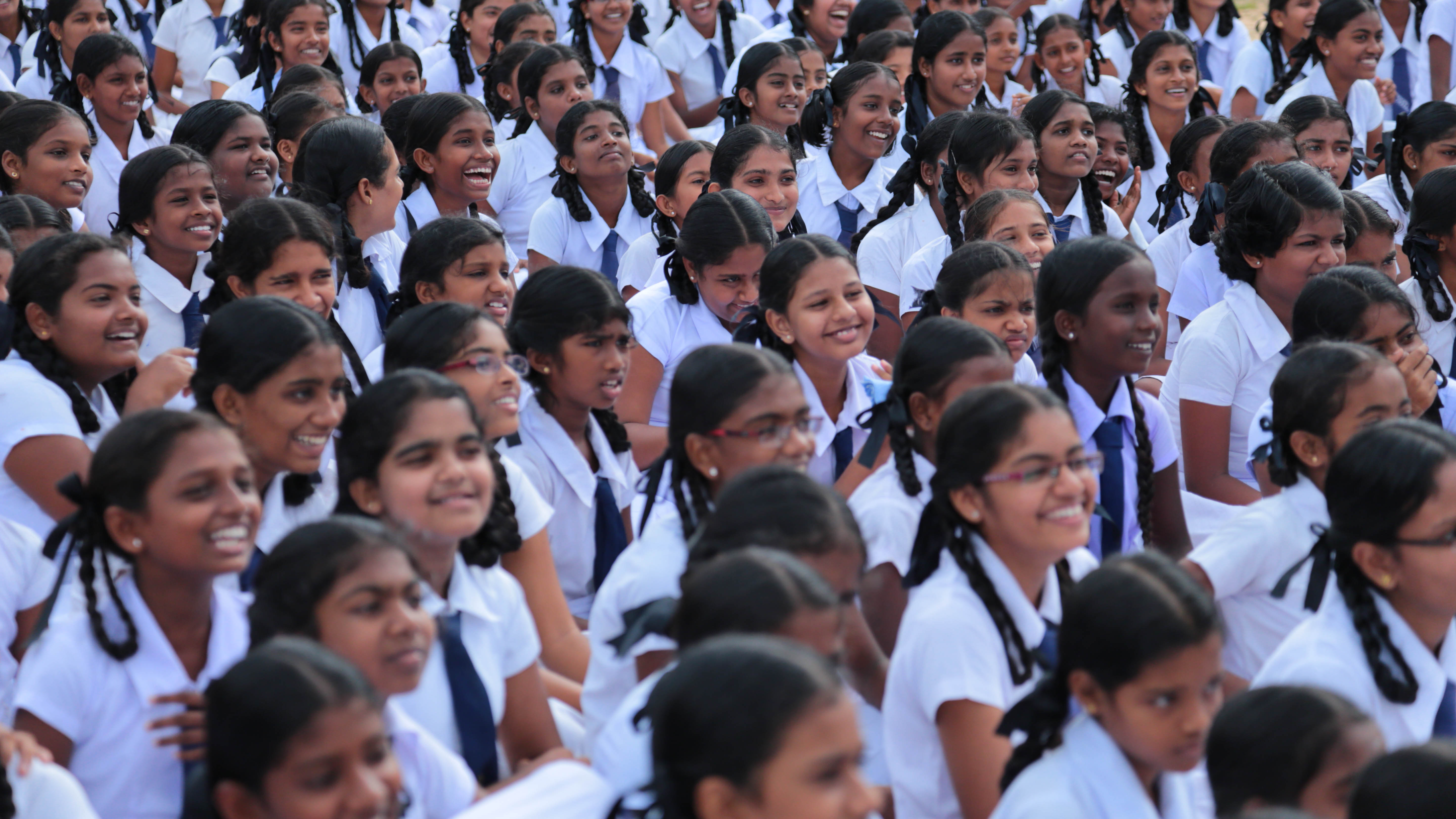
The Centre for Media and Information Literacy (CMIL) is a non-profit organization committed to promote Critical Information Consumption (CIC) and Digital Media and Information Literacy (DMIL) amongst people of all ages, with a view to enabling them as active and vibrant citizens in the democratization of information in Sri Lanka.

To enhance awareness of and resilience the growing phenomenon of disinformation and misinformation, in order to sustain a healthier democracy.

To be the leader in the field of Digital Media and Information Literacy, fostering critical thinking and information consumption skills, through training, research and advocacy.


The CMIL operational approach is grounded by the following identified principles.
DMIL as a life skill: We strongly believe that Digital Media and Information Literacy is one of the core life skills of the 21st century, which provides citizens with critical information consumption ability as well as the facility to make highly informed decision about democratic engagement and to sustain cohesion against digital extremism and radicalization.
Engage all citizenry: We believe that emerging disinformation and misinformation affects all sections of the populace regardless of their status and age. Therefore, constant and creative engagement with citizens of all ages is required. The time and support devoted to each group will vary according to needs.
Belief in digital citizenship: Rapid development of technology and growing use of mobile phones particularly smartphones means that people inherently become part of the digital society. Information reaches them fast through a variety of means and so quickly. Therefore, CMIL is committed to shape the digital literacy of the larger population if they are to adapt DMIL as a core life skill.
Not just consumption but contribution: The broader goal of CMIL is not only to shape information consumption patterns, and understand the role of the media in shaping inclusive democracy, but to enhance people’s ability to contribute to and produce information and media content.

The following values guide, inform and shape what we do and how we do it.
Impact orientation: We assess impact in all aspects of our work. Since we are goal driven there is a need to learn, adapt, face challenges, evaluate and thrive, through constant reflection and planning.
Inclusivity: We are diverse and we believe in diversity. In every aspect of development and implementation we want to be as inclusive as possible and, ensure that our beneficiaries are from all backgrounds, particularly marginalized groups.
Sensitivity: Both internally and externally we are sensitive to the needs and circumstances of our people. We firmly believe that without being sensitive to diversity we cannot deliver a solution acceptable to all.
Empathetic: We listen to those we work with those we are working for, and design solutions in partnership with them.
Learning: We learn from our successes, our mistakes, the experiences of others, and the latest research. We believe that learning is a lifelong process and our learning and reflection should happen every day.
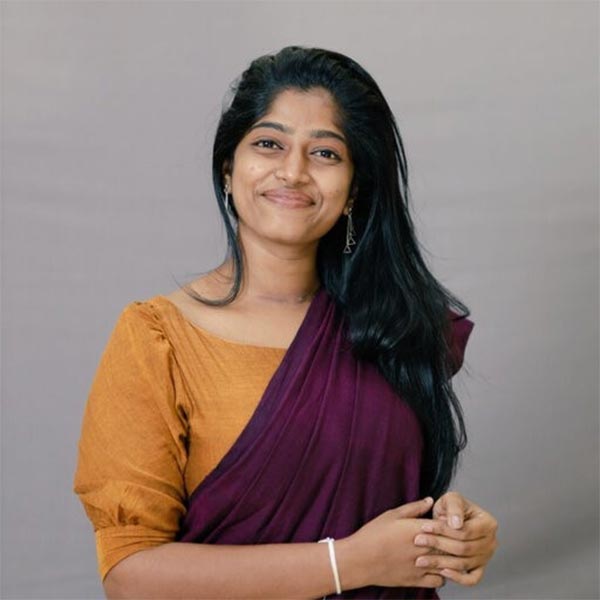
Hasara, a passionate advocate for gender equality, is currently pursuing her Ph.D. in public health at the University of Kent, United Kingdom. She holds bachelor's and master's degrees in Agriculture Technology and Management, specializing in development communication and organizational behavior from the University of Peradeniya. In her final year, she joined Dialog Axiata PLC, leading the Yeheli.lk/Thozhi.lk project—Sri Lanka's pioneering advisory platform for women. Dedicated to creating a secure space for women to voice their concerns and receive expert guidance, Hasara spent one and a half years on the Yeheli project before returning to her higher studies, fueled by her passion for social impact.
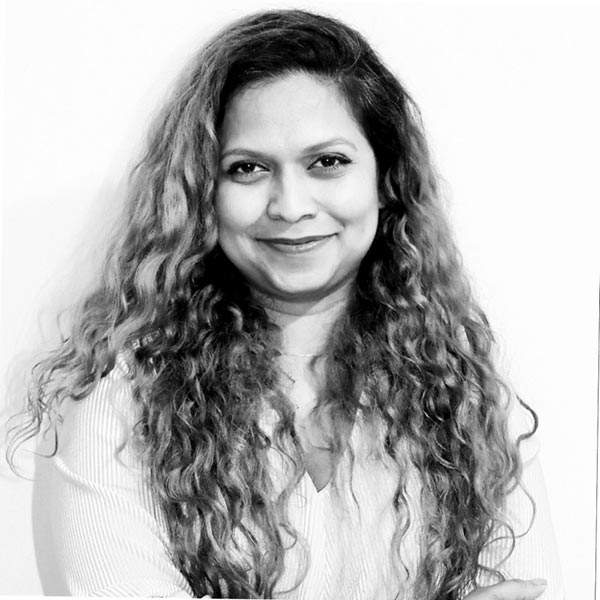
Dr. Dharshani Tharanga, with a Ph.D. in the social influence of social media from Monash University, is a full-time research fellow at the university, specializing in Human-Centred Design, User Experience, and Digital Health initiatives. With 8 years of experience in program management and training, she teaches at Monash University in Melbourne, Australia. As the Founder Director of Development at the Centre for Media and Information Literacy in Colombo, Sri Lanka, she played a pivotal role in organizational development. Committed to fostering development and sharing knowledge on gender equality, media literacy, and social media, she volunteers her time with CMIL.
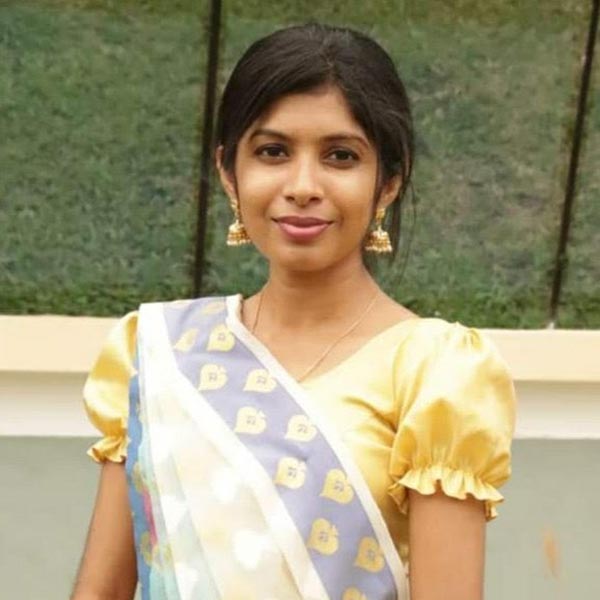
Nisansala Jayawardhana is a Senior Lecturer at Trincomalee Campus, Eastern University, Sri Lanka. She holds a degree from Gauhati University. Nisansala's research covers diverse topics, including the current trend of movie viewers towards DVD movies (2012), the new freedom of expression in media with a focus on dissent using Facebook wall posts (2015), and the restoration of the Community Radio Movement in Sri Lanka (2018). She has presented her research at conferences and has a pending book publication and journal article on the current tendency of movie viewers towards DVD movies. Nisansala is also involved in ongoing research on lived experience of women journalists in Sri Lankan weekend newspapers.
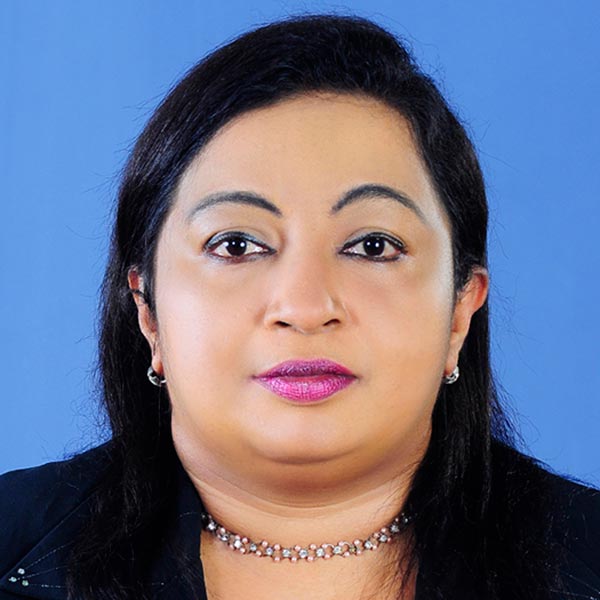
Kalani Irosha Dharmasiri, holds a Master of Philosophy from the University of Kelaniya, with a BA in Mass Media Honors from the University of Colombo. She boasts a diverse set of higher education qualifications, including an LL.B. degree, Postgraduate Diplomas in Education and Sociology, and more. With nearly two decades of experience as a media personality and academic, Ms. Kalani has worked as a News Editor at Sri Lanka Broadcasting Corporation. A Senior Lecturer in Mass Media at Sri Palee Campus, University of Colombo, she is also a Director of the Social Reconciliation Center, a visiting lecturer, and a noted author in Mass Media studies. Currently pursuing her Ph.D. at Management & Science University of Malaysia, her research focuses on gender, Social Media Regulation & Legal Literacy.
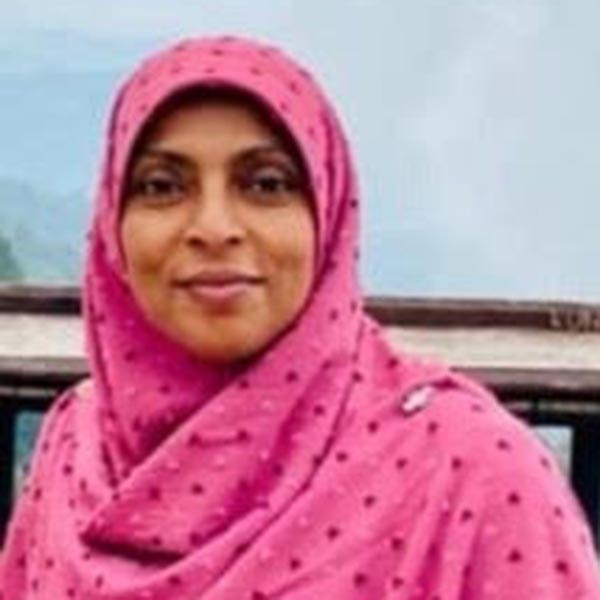
Minnathul Suheera, serves as a Lecturer in Sociology at the Multidisciplinary Unit within the Department of Arabic Languages, Faculty of Islamic Studies & Arabic Language, South Eastern University of Sri Lanka. Graduating with First-Class honors in Sociology from SEUSL, she expanded her expertise with specialization in Regional Development, a Diploma in HRM from India, and a Diploma in Professional Counseling from SEUSL. With 8 years of illustrious experience, Mrs. Suheera has been a Trainer and Resource Person in Gender Awareness programs, accumulating 6 years in female counseling services. Her impactful contributions include research articles and presentations at international conferences, demonstrating her commitment to sociological education and exploration of gender issues.
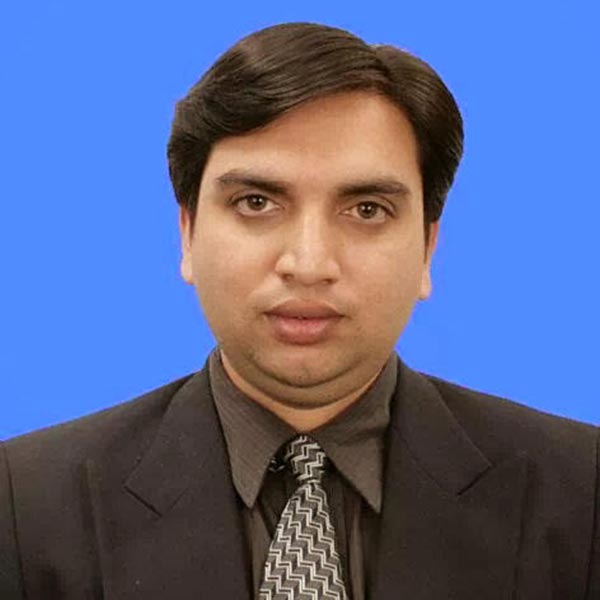
Dr. Yaser Arafath, serves as the Regional Epidemiologist for Nuwara Eliya district. In this role, he oversees the implementation of programs related to disease surveillance and control, including vaccination initiatives. As a trained community, sexual, and reproductive health specialist, Dr. Arafath has a particular focus on addressing violence against women and children. His extensive experience includes serving as the Medical Officer of Health for the Mallawai division (2012-2014), collaborating closely with development organizations such as WFO, WHO, and UNICEF. During his tenure, he introduced innovative community programs to promote gender equality, violence-free families, and the concept of healthy mothers. Before assuming his current position, Dr. Arafath spent approximately two years as the Medical Superintendent for Mallawai Base Hospital (2015-2016). Actively engaged in social media, he advocates for a green environment, youth engagement, and diversity.